1. A Clockwork Orange (1971)
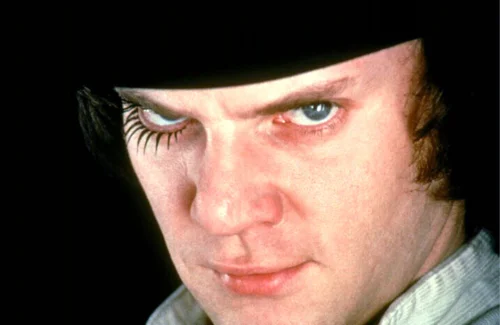
Stanley Kubrick’s A Clockwork Orange is as unsettling as it is brilliant. This adaptation of Anthony Burgess’ novel follows Alex DeLarge, a young delinquent who embarks on a wild and disturbing journey through a dystopian future. The film’s use of classical music, particularly Beethoven, adds a haunting contrast to its violent imagery. Kubrick’s unique directing style makes it unforgettable, as it delves deep into themes of free will, social control, and the human psyche.
What really leaves you in awe is the film’s ability to provoke thought while pushing the boundaries of what audiences were willing to tolerate at the time. The visual style is striking, from the exaggerated costumes to the unsettling yet oddly captivating performances. Every scene seems designed to shock and intrigue, and it’s a movie that still feels as edgy today as it did when it first premiered.
2. The Godfather (1972)
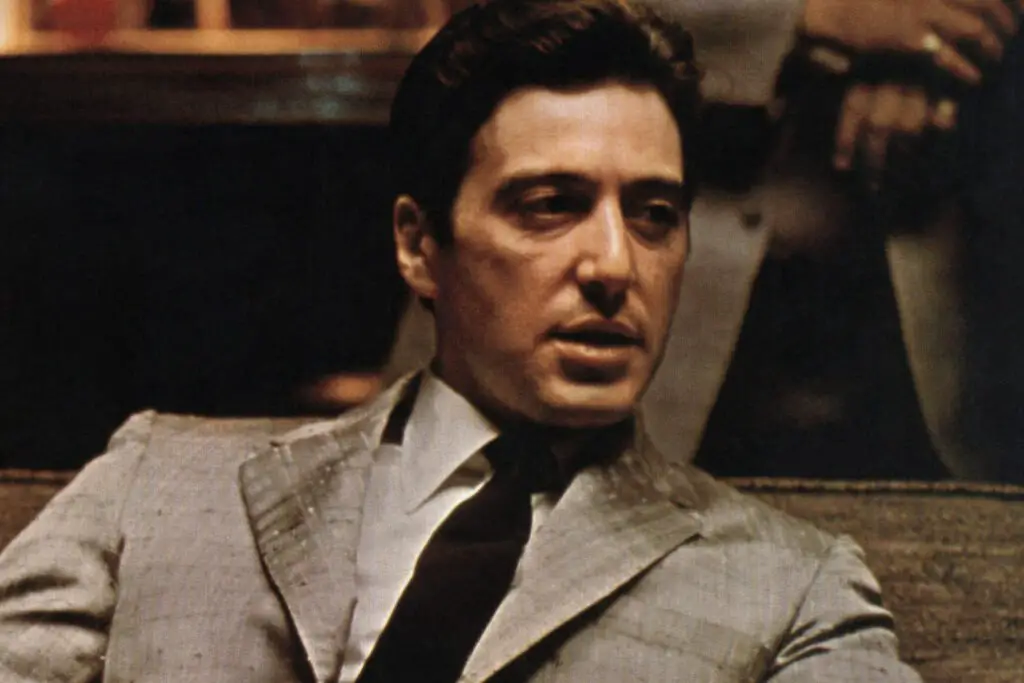
Francis Ford Coppola’s The Godfather is one of those films that transcends time. The story of the Corleone crime family, with Marlon Brando’s unforgettable performance as Vito Corleone, is nothing short of legendary. The pacing, the characters, the cinematography – everything about this movie is masterfully crafted. Even after multiple viewings, the intricacies of the plot and the depth of the characters keep you hooked from start to finish.
The iconic lines and scenes have become a part of pop culture, but it’s the subtlety in the storytelling that still impresses. The way Coppola intertwines family loyalty, power struggles, and betrayal makes it impossible not to feel the weight of every decision made by the characters. It’s the kind of movie you can watch again and again, and each time, you’ll discover something new.
3. Taxi Driver (1976)
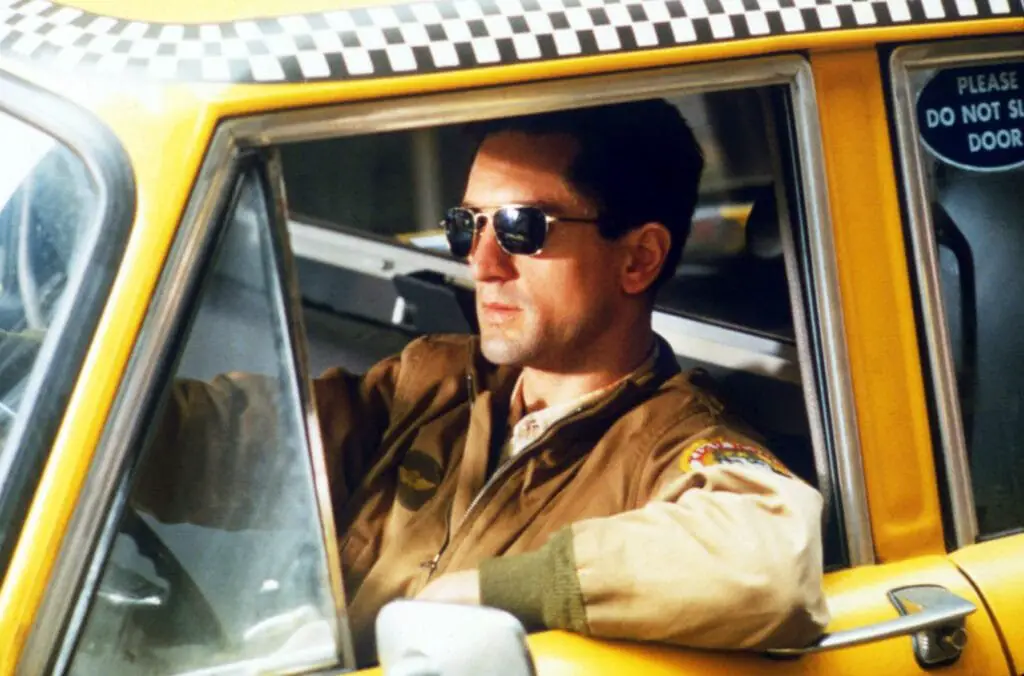
Martin Scorsese’s Taxi Driver is a raw and gritty examination of urban alienation, and it’s as impactful now as it was back in the ’70s. Robert De Niro’s portrayal of Travis Bickle, a lonely and disturbed taxi driver in New York City, still resonates with audiences. The film’s haunting portrayal of a man on the edge of sanity, paired with its intense atmosphere, makes it feel like a snapshot of an unsettling time in America.
What really sticks with you is the film’s exploration of loneliness and the desire for redemption, all set against the backdrop of a decaying city. The combination of Scorsese’s direction, De Niro’s performance, and Bernard Herrmann’s haunting score creates an experience that lingers long after the credits roll. Taxi Driver is a movie that stays with you, challenging your perceptions of right and wrong.
4. Star Wars: Episode IV – A New Hope (1977)
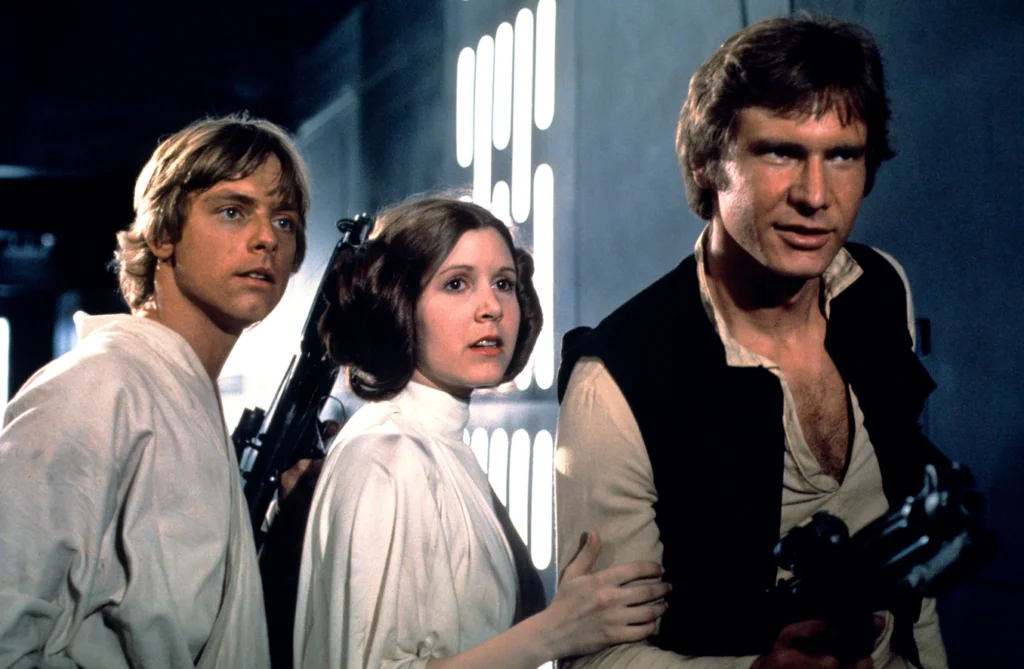
When Star Wars hit theaters in 1977, it completely redefined the possibilities of cinema. George Lucas’ space opera is as imaginative and thrilling today as it was when it first came out. From the groundbreaking special effects to the unforgettable characters, A New Hope introduced audiences to a galaxy far, far away that became a cultural phenomenon. Luke Skywalker, Princess Leia, Han Solo, and Darth Vader have since become some of the most iconic characters in film history.
But it’s not just the spectacle that makes Star Wars so enduring. The film’s themes of hope, friendship, and heroism are timeless, and the adventure still feels just as exciting, even decades later. The world-building and character development continue to captivate new generations, proving that Star Wars isn’t just a movie – it’s a legacy.
5. Apocalypse Now (1979)
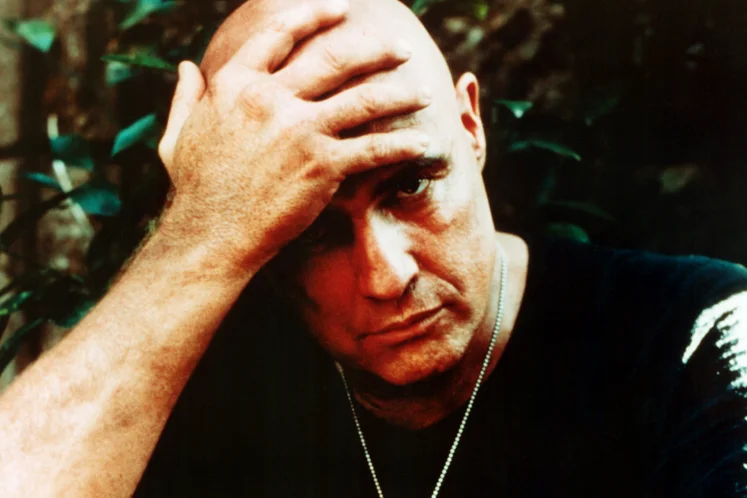
Francis Ford Coppola’s Apocalypse Now is a masterpiece of madness and war. Loosely based on Joseph Conrad’s Heart of Darkness, the film follows Captain Willard (Martin Sheen) as he journeys up the Mekong River to assassinate a rogue colonel, played by Marlon Brando. What makes this film unforgettable is its portrayal of the horrors of war, coupled with surreal and often nightmarish imagery that still leaves viewers unsettled.
The intense performances, particularly from Brando and Sheen, elevate the film into something truly extraordinary. The combination of haunting visuals, a complex story, and the sheer chaos of war feels as relevant today as it did when it was first released. Even if you’ve seen it before, there’s something about the film’s ability to leave you with an eerie sense of disquiet that demands your attention every time.
6. Chinatown (1974)
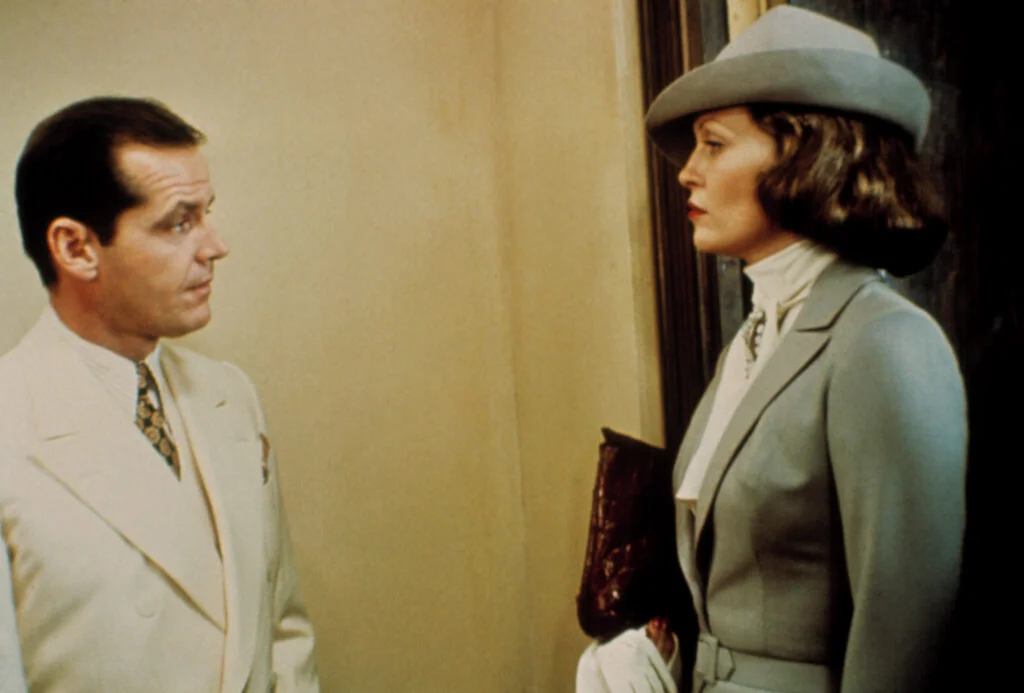
Roman Polanski’s Chinatown is a perfect blend of neo-noir and mystery. Jack Nicholson stars as Jake Gittes, a private detective who gets caught up in a web of deceit and corruption in Los Angeles. The film’s sharp writing, unforgettable performances, and intricate plotting keep you guessing until the very end. The twist in Chinatown is legendary, and it’s a movie that gets better with each viewing, as you uncover new details that you might have missed the first time.
Polanski’s direction, combined with Jerry Goldsmith’s haunting score, creates a moody atmosphere that envelops you from the very first frame. The tension between Nicholson and Faye Dunaway is palpable, and the film’s exploration of moral ambiguity and societal corruption still feels incredibly poignant today. Chinatown remains one of the finest examples of ’70s cinema and a timeless classic.
7. The Texas Chain Saw Massacre (1974)
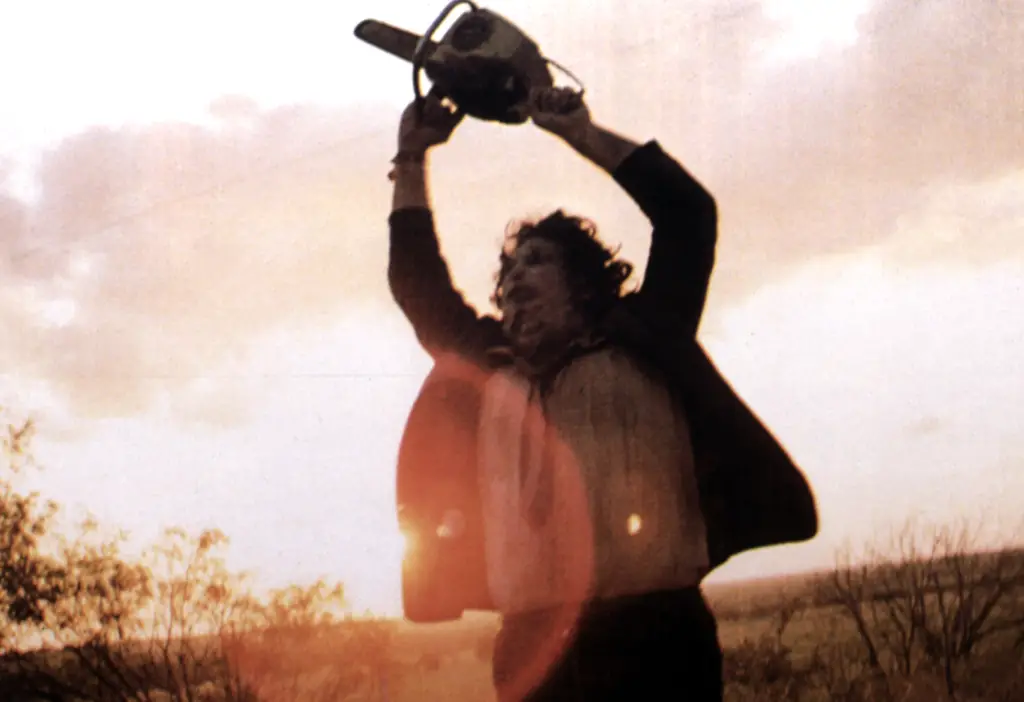
Tobe Hooper’s The Texas Chain Saw Massacre is still one of the most chilling and disturbing horror films ever made. Despite having a low budget and minimal special effects, the film’s raw intensity and sense of dread have made it a landmark in the genre. It follows a group of friends who find themselves in the clutches of a twisted family, including the infamous Leatherface. The film is relentless in its tension, creating an atmosphere of pure terror that doesn’t let up.
What makes The Texas Chain Saw Massacre so effective is its grittiness and the sense that anything could happen at any moment. The lack of music and the documentary-like camera work make the horror feel real and unrelenting. Even if horror films have evolved since then, this one still has the power to haunt viewers with its brutal simplicity and shocking imagery.


